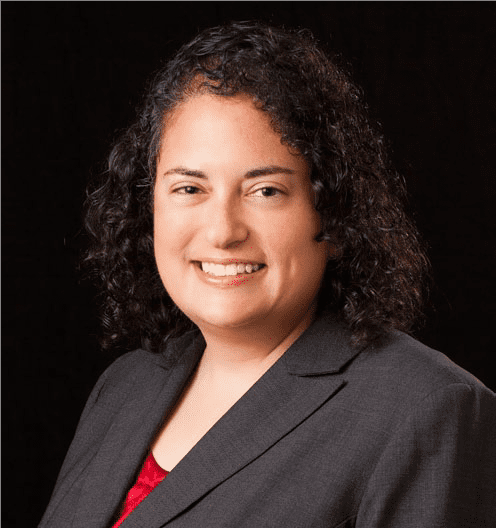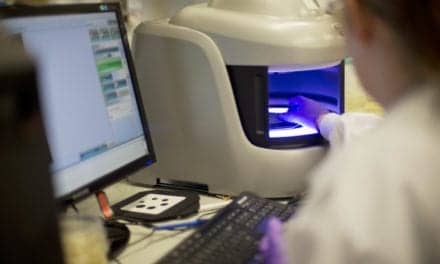At the recent San Antonio Breast Cancer Symposium, researchers from the Norris Comprehensive Cancer Center of the University of Southern California (USC) presented results of extensive work with the Parsortix system from Angle plc, Guildford, United Kingdom. The presentation detailed how the Parsortix system can be used to obtain comparable gene expression information from a simple blood test in place of an invasive solid tissue biopsy of a metastatic site.1
The USC researchers compared gene expression information from the biopsy of a metastatic site with information from a blood test processed using the Parsortix system. Information from the blood test “did not show significantly different patterns of expression” when compared to the results from an invasive biopsy of the metastatic site. The researchers measured 66 clinically actionable genes in seven different signaling pathways, addressing the key areas that clinicians currently investigate.
Angle is working toward FDA clearance of the Parsortix system for use in detecting metastatic breast cancer, with the required analytical and clinical studies targeted for completion by June 2018. Angle is seeking to become the first company to receive FDA clearance for a medical device designed to harvest cancer cells from patient blood for subsequent analysis.
“Our study showed that we are able to use a Parsortix liquid biopsy of circulating tumor cells to perform in-depth characterization of potentially clinically actionable treatment opportunities in metastatic breast cancer patients,” says Julie E. Lang, MD, FACS, associate professor of surgery at USC and director of the breast cancer program at the Norris Comprehensive Cancer Center. “We demonstrated that circulating tumor cells may serve as a surrogate for biopsies of macrometastases. Successful validation of our approach in future clinical studies could revolutionize clinical management of metastatic breast cancer and advance the promise of personalized cancer therapies, ultimately positively changing the outcome for patients with metastatic disease.”
“USC’s groundbreaking work with Angle’s Parsortix system over the last 2 years has delivered convincing data that a simple blood test may be able to provide all the clinical information traditionally provided by the invasive, expensive solid biopsy,” says Andrew Newland, founder and CEO of Angle. “This is great news for Angle, as it gives a clear guide to the importance of being able to harvest and analyze these cells from patient blood.”
REFERENCE
- Ring A, Porras TA, Campo D, et al. The whole transcriptional landscape of circulating tumor cells compared to metastases in stage IV breast cancer [poster abstract]. Presented at the San Antonio Breast Cancer Symposium, December 2017. Available at: https://angleplc.com/wp-content/uploads/sabcs-2017-usc-julie-lang-metastatic-breast-cancer-poster-07dec17.pdf.







